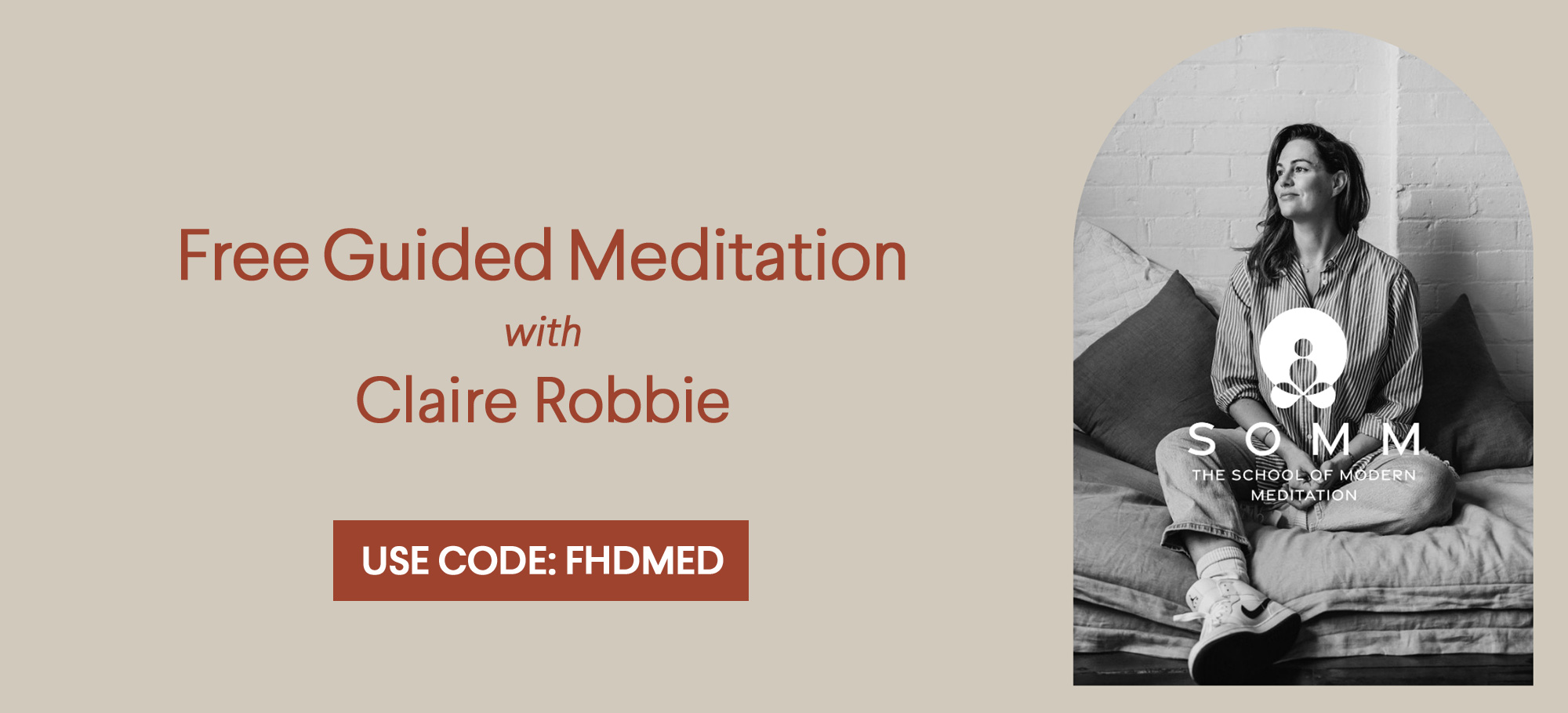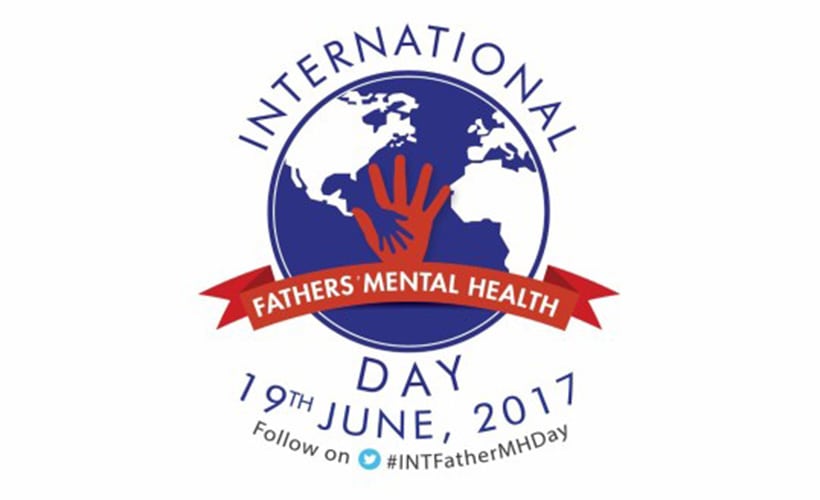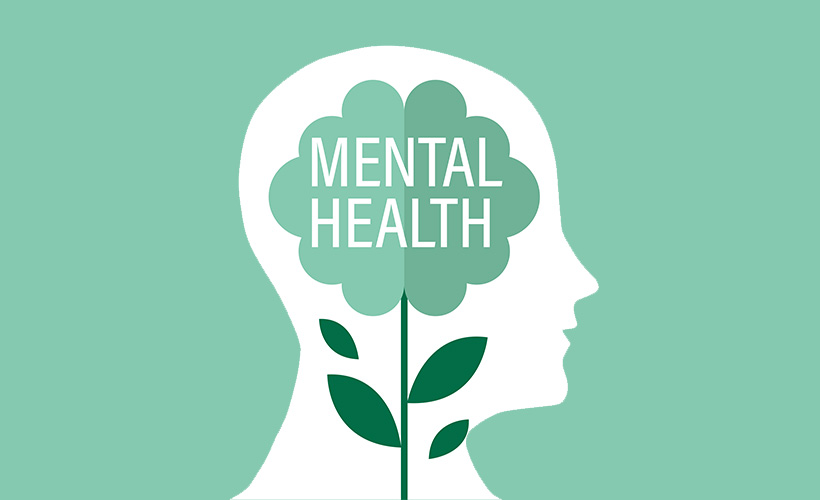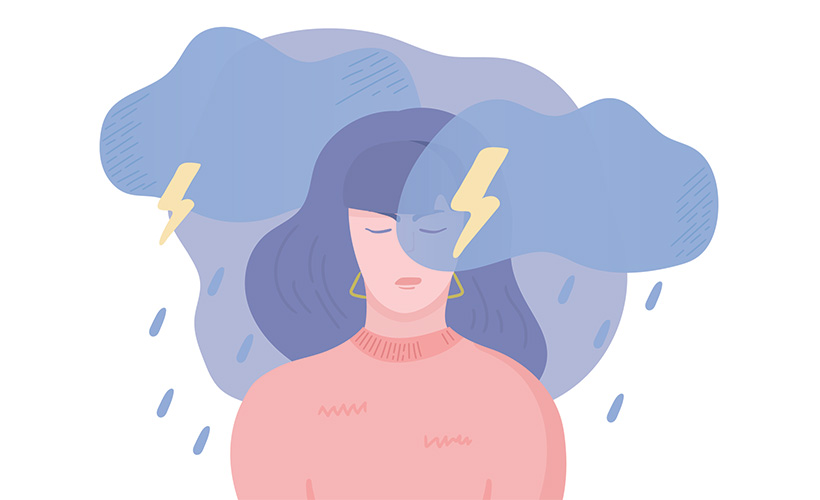So what can we do? All is most definitely not lost. I also believe and have seen incredible shifts in my student’s stress levels when they learn to tune in to what they really need, ask for help and take steps to actively prioritise what helps them live from a more regulated place. It’s also very helpful to learn how to process stress because it is an inevitable aspect of being human and, not always bad.
I need to define what I’m talking about when I use the word “stress”. For the purposes of what I’m going to share about meditation and stress, we need to be on the same page. So when I talk about stress in these musings, I’m referring to “our body’s response to any demand or challenge, whether physical, emotional, or mental, that disrupts its equilibrium or ‘homeostasis’.” Basically anything that activates our sympathetic nervous response, might be called a stressor.
When we lay it out like that, we might even become aware that to live this life there are absolutely always going to be demands and challenges – especially if we are living an expansive life and truly taking steps that are authentic, rather than conventional. I personally believe that stress can often be incredibly positive, and in fact the real problem is more about our relationship to our stress response that creates more issues than what created the response in the first place.
This is where meditation can step in and aid us not only process stress, but also help us show up in times of duress with a little more clarity and groundedness. There are three aspects to this:
- Meditation is a self-awareness practice. When we sit to close our eyes and pay attention inwards consistently we are taking steps towards a full acceptance of what is actually happening in our bodies and minds. This gives us a more grounded place to take steps from. We also are far more likely to be able to “give ourselves what we truly need.”
- Meditation tends to be a practice that enhances emotional regulation as it may activate your relaxation response. When your body and mind start to see how you actually have power over your nervous system responses; scary or stressful situations may lose some of their potency.
- Stress activates fear-based, limiting and “worst-case-scenario” type thoughts. When we get to truly see the quality of our thoughts and pay attention to them, as our nervous system calms often we see those thoughts for what they are – protective mechanisms rather than ‘truth’.
Whilst meditation isn’t a silver bullet that makes our existence a perpetual Garden of Zen, a consistent meditation practice can give us a way to ride the ebbs and flows of life like an experienced surfer, rather than drown in overwhelm and exhaustion. We also start to witness our capacity expanding when we move through difficult times and pop out the other side. The more we pay attention to our inner landscape, the more adept we get at mastering our minds and responding rather than reacting to life.
Access Claire Robbie’s meditation library for FREE!



















Community